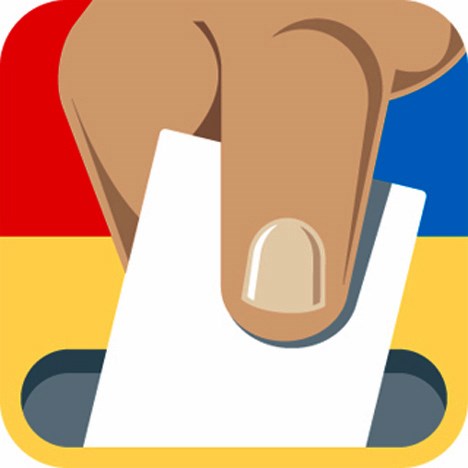More than 100 candidates in the Tri-Cities, Anmore and Belcarra have launched campaign bids for mayor, council and board of education seats despite concerns raised in some quarters — i.e., outgoing Port Coquitlam Mayor Greg Moore — about low pay and the potential for abuse on social media due to controversial news stories.
If anything, there are more candidates with more diverse experience and backgrounds running for election than any time in recent memory. Indeed, the diversity of the candidates, including people from the LBGTQ+2 community and from differing age groups, cultural and economic backgrounds, is more reflective of the community than it has been in the past.
Sadly, there are no women running for mayor in any of the cities or villages, and there continue to be more men running for council, especially in Coquitlam, where only four women are in the race out of a group of 19 vying for eight seats.
Meanwhile, PoCo, which has a poor history of electing women to council, has seven running out of a field of 19 for six seats while Port Moody, where a more equal field is the norm, has seven women running for council out of 14 challengers for its six council positions.
New financing rules that level the playing field between incumbents and newcomers haven’t stopped people from running, and while campaign coffers might be smaller this year, we’re pleased to see that candidates can no longer accept union or corporate donations. But these changes weren’t enough of an incentive for women to run for council.
Judging by the numbers, school board tends to be where women want to put their time and energy, and there is more parity for school board between male and female candidates. In PoMo, for example, female candidates outnumber male candidates for trustee.
So while more needs to be done to encourage women to participate in civic politics, it appears that having a say in local government is appealing to more people from a wider range of backgrounds.
This is important because city councils are more than rubber stamps for development; they help shape the fabric of the community, especially as they deal with change wrought by the SkyTrain and the Lower Mainland housing crunch.
Could this be the year more women, more people of colour, more people from the LGBTQ+2 community get elected to council and school board posts?
We encourage you to find out as much as you can about all the people running for all positions in your city. Watch for our VoteSmart voters guides on Oct. 10, candidate videos at tricitynews.com, survey results and and more in upcoming editions of The Tri-City News.



